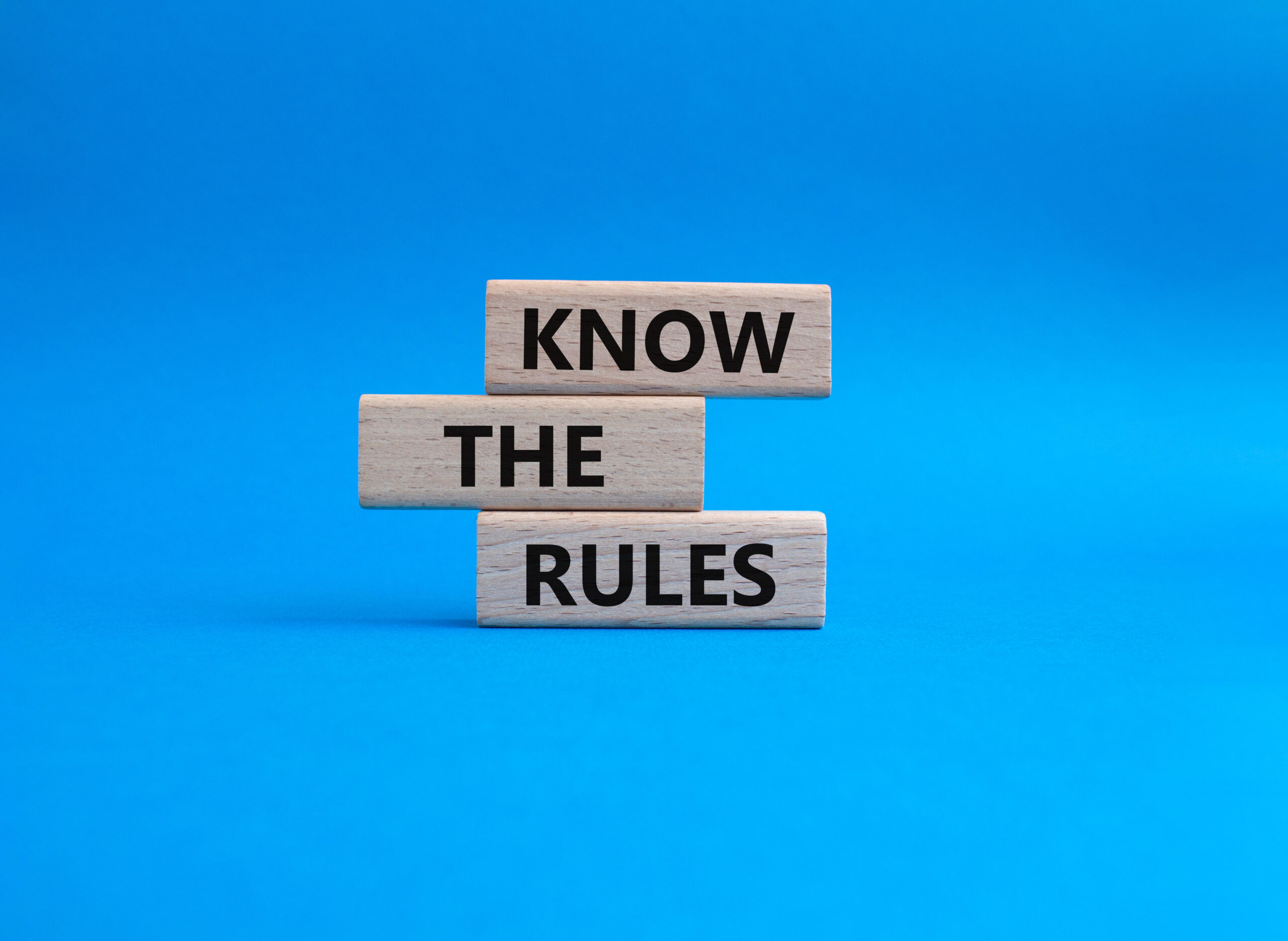Creating or promoting leadership from within is challenging, but doesn’t have to succeed by accident.
The consulting group I work with, Cleaning Business Builders, led a leadership conference in Seattle last month with a single topic: how to build a support team for your company, especially mid-level managers. This was an intensive three days of education and workshops, and one topic which was very popular is how to find the talent you already have hidden in your own company. It seems that most cleaning business owners I meet look outside of their company for a manager. While this can work, myself and my two consulting partners all have key office staff who started as entry-level cleaning technicians and were promoted to key leadership positions over time. We especially like the advantage of having a leader in the company that the cleaners can look up to as an example of really being able to climb that ladder and get somewhere.
[EasyDNNnewsToken:Left Justify Embed 300 x 250]How to do this is always a very tricky topic. The first time I tried to promote a cleaner, I did it all wrong. I took one of my most loyal and best cleaners and, after meeting with her once, promoted her to the job of office manager. It was a huge mistake. While she was loyal and really wanted to do a good job, her temperament and skills were all wrong. It was probably the biggest mistake I ever made, putting a good employee in a position where she was nearly guaranteed to fail. Thankfully, we were able to keep her, and she eventually returned to be a cleaner, but our relationship has never quite been the same.
My current general manager worked out much better, and it was almost by accident. She was a mid-level cleaner. Not our best cleaner, but she was also not at any risk of being fired. For a few weeks one time, she was not able to work in the field, so we had her on “light duty” in the office. I gave her the task of filing, which I had given to many cleaners before; this is pretty standard when we’ve got someone with a temporary physical limitation while they are recuperating.
After just two hours she came into my office and told me she was done filing, our system was terrible and she had fixed it. Among other changes, we now had red folders for clients with keys so if we removed paperwork from a red folder and there was no key we would know we had a problem. I was surprised and impressed. So I started to give her a series of other small tasks to test her skills. One skill at a time, she proved that she could handle an office job. We also discovered the areas where she needed some more training and arranged for her to get it. That was just three years ago. Today, she is now the co-owner of the first office of My Maid Service not 100% owned by my family.
So what was different the second time? Well, the first time we did it we sat down and explained to the cleaner our plan for her which set her expectations too high before we knew her skill set. The second time we never promised anything; we just had her help us in the office with a variety of tasks to test out her skills. Think of it as try outs, but without someone even knowing the try out is being held. Here are a few ways to think about doing this in your company:
1) Take it on chance and “test” those on light duty whenever the opportunity arises.
Have a list of single-activity duties that a surprise office helper can do: filing, purging, pulling reports from your customer system, data entry from old paper forms, appointment reminder phone calls, etc.
2) Extended Training
Schedule extended training for every cleaning technician for a 1-week rotation in the office at a specified point in their tenure (12 months, 18 months, 2 years or longer); focus it on observing, learning and trying some of the main office activities. Keep in mind that not everyone will like it, but it will also help to reduce any “us versus them” tensions between your technicians and office staff if everyone understands more of the company operations and how they work together. Consider a similar extended field training for anyone you hired directly into the office, ensuring that office staff remain connected to the field work they sell, schedule and troubleshoot.
3) Group Activities
Use simple group activities to observe interactive behaviors that may indicate an aptitude for leadership; this can help you identify whom you want to target for professional development and promotion. Just make sure that everyone has an equal opportunity to perform well, with no prior knowledge that they are being “tested.”
Over time we have learned how to invite cleaners into the office to help from time to time. We have discovered we had several hidden leaders who are now in various leadership positions in our company.
Derek Christian is founder and owner of My Maid Service, Cincinnati’s largest, independent professional cleaning company. Prior to that, he spent thirteen years at P&G working on household cleaning products.






